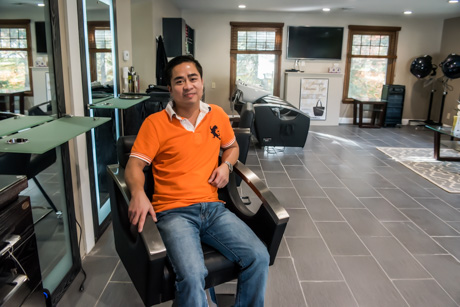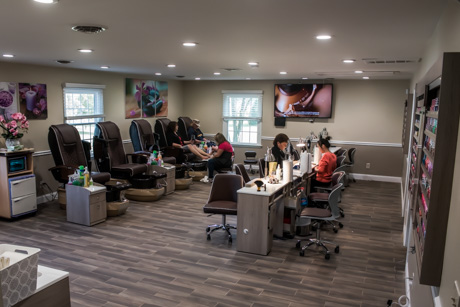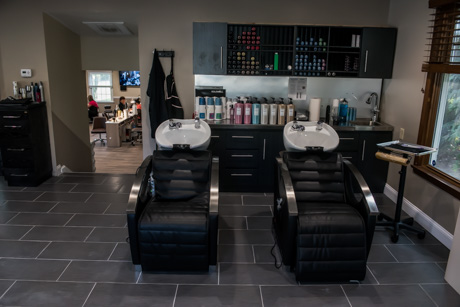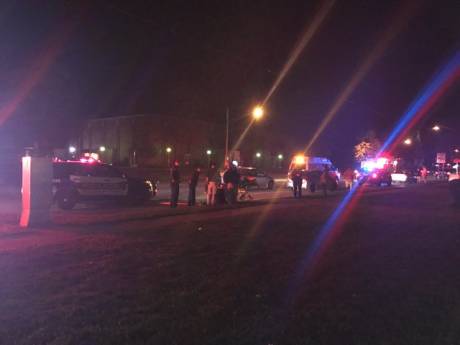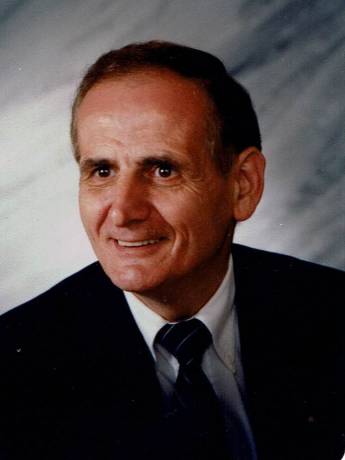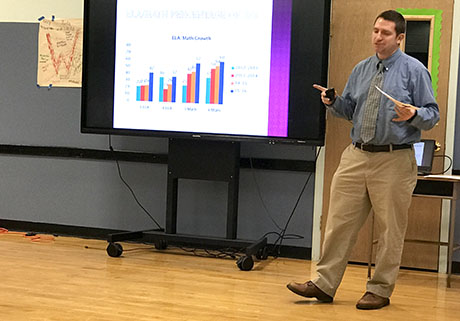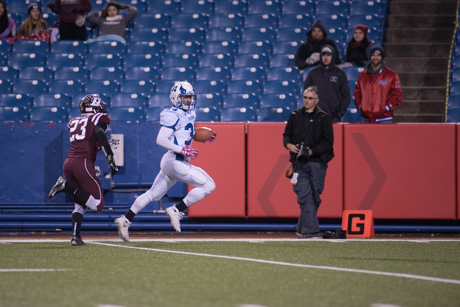Batavia Urology announces new prostate treatment available locally
Press release:
Batavia Urology today announced that its first patients have been treated with the UroLift® System, an innovative new treatment for benign prostatic hyperplasia (BPH), also known as enlarged prostate. The UroLift System is designed to relieve symptoms caused by an enlarged prostate, while preserving sexual function.
Delivered during a minimally invasive procedure, the UroLift permanent implants act like window curtain tie-backs to hold the lobes of an enlarged prostate open. Patients recover from the procedure quickly, and return to their normal routines with minimal downtime. The cost of the UroLift System procedure is covered by Medicare in New York.
“We are committed to providing patients with the highest-quality, most effective options to address their urology needs,” said Jason Donovan, P.A., who was present for the first procedure. “The UroLift System has an excellent safety profile and provides men suffering from an enlarged prostate a beneficial first-line treatment alternative to drug therapy or more invasive surgery. Importantly, the UroLift System provides fast and meaningful relief from BPH symptoms, improving overall quality of life for our patients.”
Benign prostatic hyperplasia (BPH), also known as enlarged prostate, affects more than 37 million men in the United States alone. Twelve times more common than prostate cancer, BPH occurs when the prostate gland that surrounds the male urethra becomes enlarged with advancing age and begins to obstruct the urinary system. Approximately one in four men experience BPH-related symptoms by age 55, with 90 percent of men over 70 symptomatic.
Data from clinical trials showed that patients receiving UroLift implants reported rapid symptomatic improvement, improved urinary flow rates, and sustained sexual function. Patients also experienced a significant improvement in quality of life. Most common adverse events reported include hematuria, dysuria, micturition urgency, pelvic pain, and urge incontinence. Most symptoms were mild to moderate in severity and resolved within two to four weeks after the procedure.

